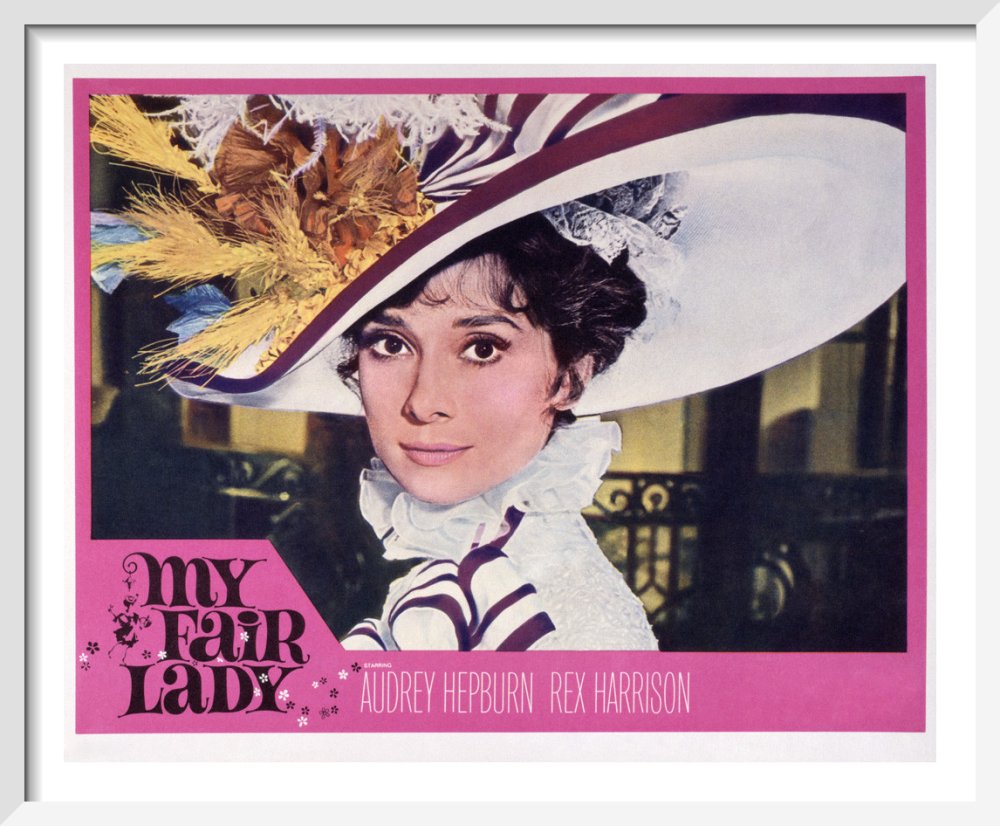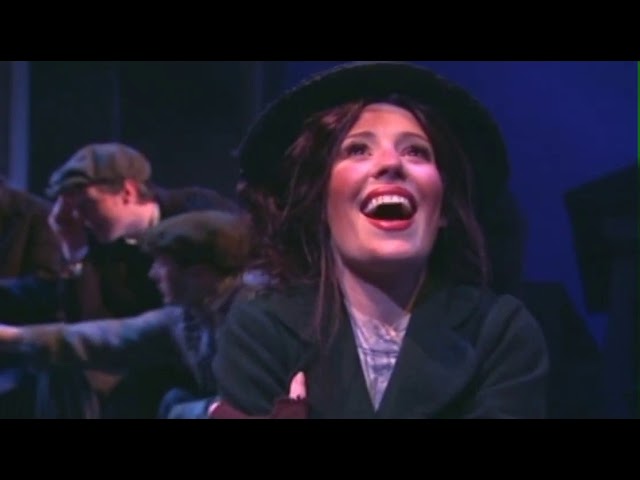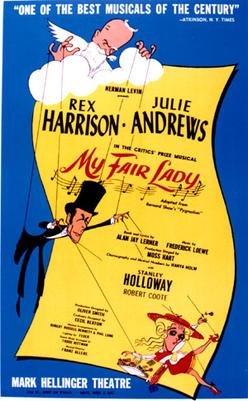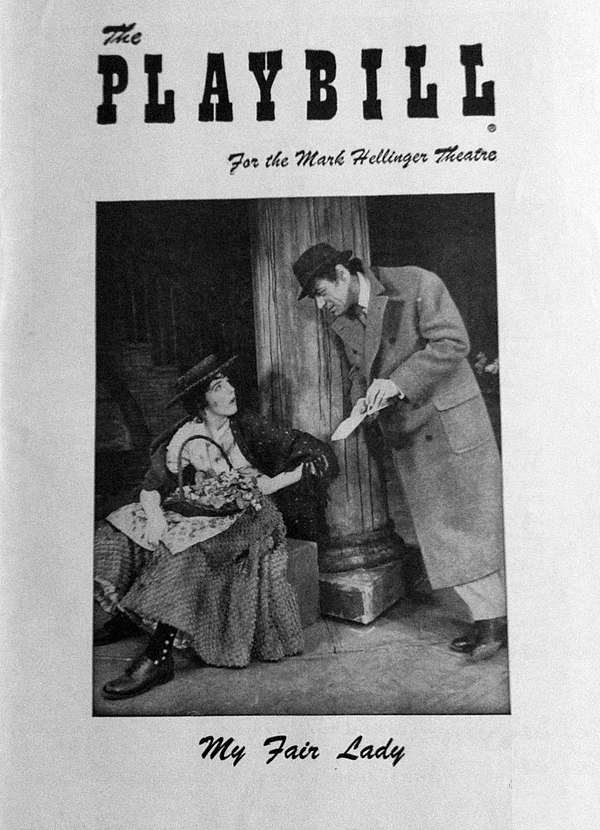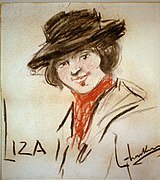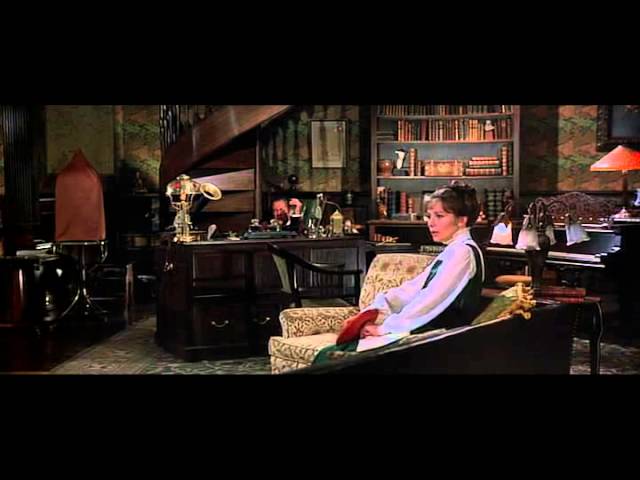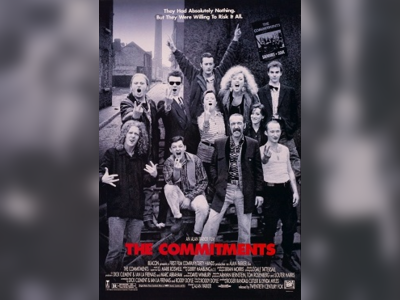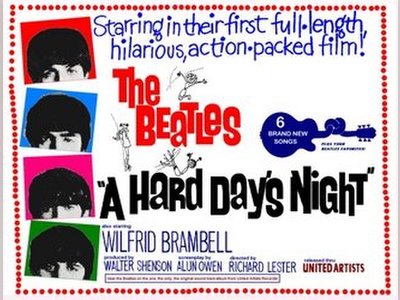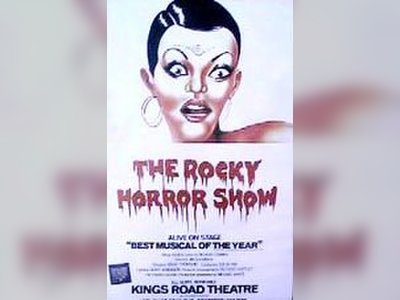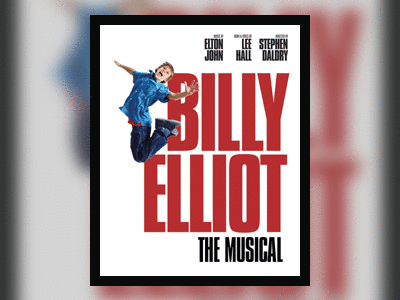British Heritage
Remember, Cherish, Learn.
beta
My Fair Lady
Contribution of "My Fair Lady" to British Heritage.
"My Fair Lady" holds a significant place in British heritage as one of the most beloved and enduring musicals of all time. Based on George Bernard Shaw's play "Pygmalion," the musical showcases the genius of British playwrights and composers in creating a timeless and enchanting theatrical experience. The collaboration of Alan Jay Lerner and Frederick Loewe brought Shaw's story to life with captivating lyrics and beautiful music, solidifying the musical's place in the pantheon of great British cultural contributions.
The story revolves around Eliza Doolittle, a Cockney flower girl, who undergoes a transformation with the help of Professor Henry Higgins, a phonetician. The central theme of the musical, the transformation of a common flower girl into a refined lady through the power of education and language, resonates deeply with British societal values of self-improvement and upward mobility. "My Fair Lady" celebrates the importance of education and the power of language in shaping one's identity and social standing.
Since its premiere, "My Fair Lady" has enjoyed immense success and left a lasting impact on both British and international theater. The original Broadway production, which opened on March 15, 1956, at the Mark Hellinger Theatre, achieved unprecedented success, becoming the longest-running musical on Broadway at that time with 2,717 performances. It won six Tony Awards, including Best Musical, solidifying its place as a landmark in American theater history.
Following its triumph on Broadway, "My Fair Lady" crossed the Atlantic to conquer the West End with a successful London production at the Theatre Royal, Drury Lane. Running for five and a half years with 2,281 performances, the London production further cemented the musical's status as a global sensation.
The 1964 film adaptation, directed by George Cukor and starring Rex Harrison as Professor Higgins and Audrey Hepburn as Eliza Doolittle, brought the magic of "My Fair Lady" to a wider audience. The film received widespread acclaim and won eight Academy Awards, including Best Picture.
"My Fair Lady" exemplifies British artistic excellence and has become an integral part of the nation's cultural heritage. The musical's witty and clever dialogue, set in Edwardian London, captures the essence of British society and manners during that era. Its exploration of social class distinctions and the power of language aligns with themes that have shaped British identity over centuries.
Moreover, the enduring popularity of "My Fair Lady" has ensured that its legacy endures through generations. The musical's songs, such as "I Could Have Danced All Night," "Wouldn't It Be Loverly," and "The Rain in Spain," have become timeless classics that are cherished and celebrated worldwide.
Through its artistic brilliance, memorable music, and profound storytelling, "My Fair Lady" continues to contribute significantly to British heritage, keeping alive the spirit of British theater and captivating audiences around the globe with its enduring charm.
The story revolves around Eliza Doolittle, a Cockney flower girl, who undergoes a transformation with the help of Professor Henry Higgins, a phonetician. The central theme of the musical, the transformation of a common flower girl into a refined lady through the power of education and language, resonates deeply with British societal values of self-improvement and upward mobility. "My Fair Lady" celebrates the importance of education and the power of language in shaping one's identity and social standing.
Legacy of "My Fair Lady"
Since its premiere, "My Fair Lady" has enjoyed immense success and left a lasting impact on both British and international theater. The original Broadway production, which opened on March 15, 1956, at the Mark Hellinger Theatre, achieved unprecedented success, becoming the longest-running musical on Broadway at that time with 2,717 performances. It won six Tony Awards, including Best Musical, solidifying its place as a landmark in American theater history.
Following its triumph on Broadway, "My Fair Lady" crossed the Atlantic to conquer the West End with a successful London production at the Theatre Royal, Drury Lane. Running for five and a half years with 2,281 performances, the London production further cemented the musical's status as a global sensation.
The 1964 film adaptation, directed by George Cukor and starring Rex Harrison as Professor Higgins and Audrey Hepburn as Eliza Doolittle, brought the magic of "My Fair Lady" to a wider audience. The film received widespread acclaim and won eight Academy Awards, including Best Picture.
Contribution to British Heritage
"My Fair Lady" exemplifies British artistic excellence and has become an integral part of the nation's cultural heritage. The musical's witty and clever dialogue, set in Edwardian London, captures the essence of British society and manners during that era. Its exploration of social class distinctions and the power of language aligns with themes that have shaped British identity over centuries.
Moreover, the enduring popularity of "My Fair Lady" has ensured that its legacy endures through generations. The musical's songs, such as "I Could Have Danced All Night," "Wouldn't It Be Loverly," and "The Rain in Spain," have become timeless classics that are cherished and celebrated worldwide.
Through its artistic brilliance, memorable music, and profound storytelling, "My Fair Lady" continues to contribute significantly to British heritage, keeping alive the spirit of British theater and captivating audiences around the globe with its enduring charm.
- My Fair Ladyen.wikipedia.org
